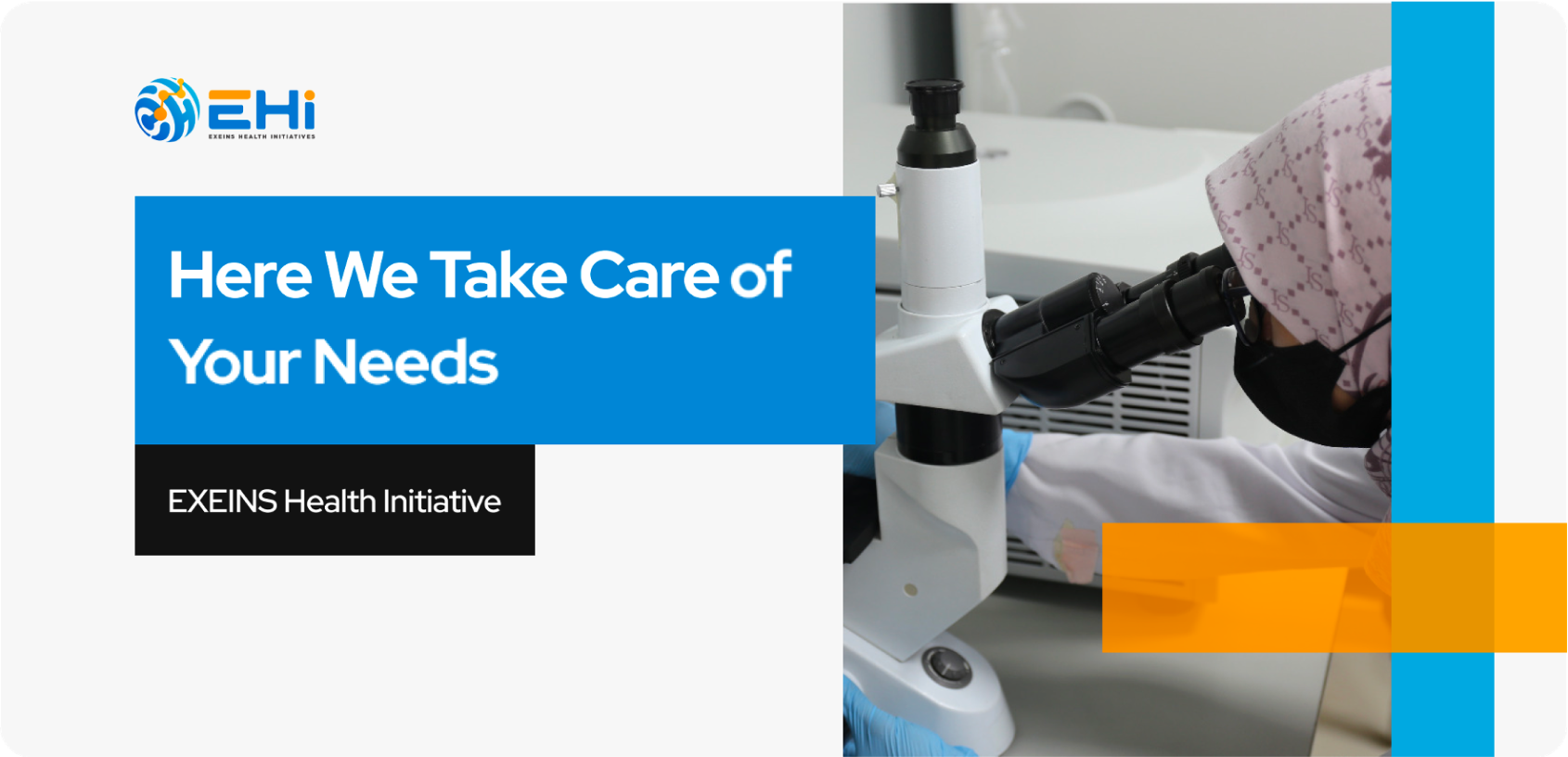
A new report by the Qatar Foundation, World Innovation Summit for Health (WISH), in collaboration with the World Health Organization (WHO) finds that at least a quarter of health and care workers surveyed reported anxiety, depression and burnout symptoms. Our duty of care: A global call to action to protect the mental health of health and care workers examines the impact of the COVID-19 pandemic on the mental health of the health and care workforce and offers 10 policy actions as a framework for immediate follow-up by employers, organizations and policy-makers.
The report found that 23 to 46 percent of health and care workers reported symptoms of anxiety during the COVID-19 pandemic and 20 to 37 percent experienced depressive symptoms.
Burnout among health and care workers during the pandemic ranged from 41 to 52 percent in pooled estimates. Women, young people and parents of dependent children were found to be at greater risk of psychological distress — significant considering that women make up 67 percent of the global health workforce and are subject to inequalities in the sector, such as unequal pay. The higher risk of negative mental health outcomes among younger health workers is also a concern.
“Well into the third year of the COVID-19 pandemic, this report confirms that the levels of anxiety, stress and depression among health and care workers has become a ‘pandemic within a pandemic,’” said Jim Campbell, WHO Director of Health Workforce.
This report follows landmark decisions at the World Health Assembly and International Labour Conference in 2022 that reaffirmed the obligations of governments and employers to protect the workforce, ensure their rights and provide them with decent work in a safe and enabling practice environment that upholds their mental health and well-being. Protecting and safeguarding this workforce is also an investment in the continuity of essential public health services to make progress towards universal health coverage and global health security.
“The increased pressure experienced during the COVID-19 pandemic has clearly had a detrimental impact on the health and well-being of health and care workers,” said Sultana Afdhal, Chief Executive Officer of WISH. “The pressure isn’t new, but COVID-19 has brought into sharp focus the need for better care for those who care for us. This new report sets out policy actions that promote strengthening health systems and calls for global collaboration across governments and healthcare employers to invest in safeguarding the most valuable asset that our health systems possess, which is the people working within them.”
The report highlights 10 policy actions as a framework for immediate uptake, such as investing in workplace environments and culture that prevent burnout, promote staff well-being, and support quality care. This includes the obligations and roles of governments and employers for occupational safety and health.
WHO recently published recommendations for the effective interventions and approaches to support mental health at work, including those specifically for the health and care workforce, which call for organizational level changes that address working conditions and ensure confidential mental health care and support as a priority. Relevant to this framework, the WHO Global health and care worker compact provides technical guidance on how to protect health and care workers and safeguard their rights; it highlights that duty of care is a shared responsibility in every country.






